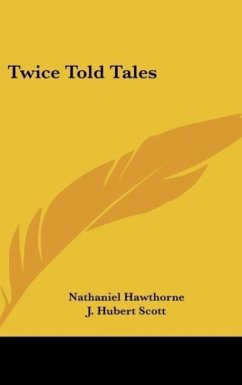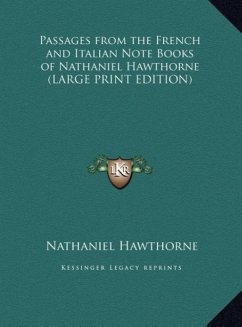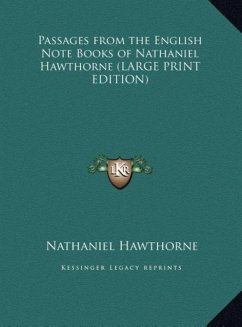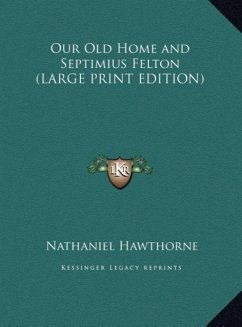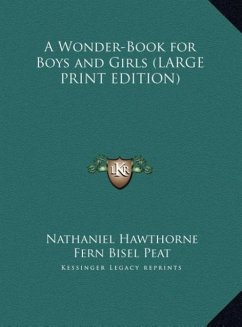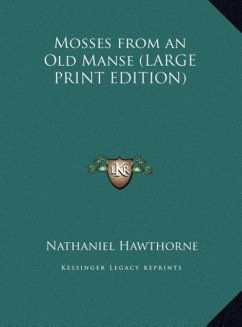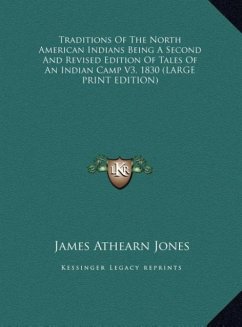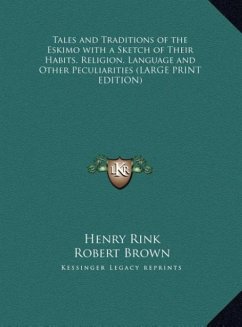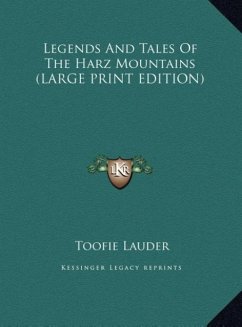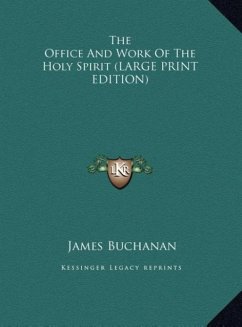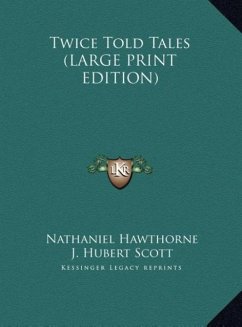
Twice Told Tales (LARGE PRINT EDITION)
Versandkostenfrei!
Versandfertig in 1-2 Wochen
57,99 €
inkl. MwSt.

PAYBACK Punkte
29 °P sammeln!
(LARGE PRINT EDITION) 1882. The Riverside Literature Series. Edited for study. With an introductory note by George Parsons Lathrop. Hawthorne, who, like Edgar Allan Poe, took a dark view of human nature, was a central figure in the American Renaissance. His best-known works include The Scarlet Letter and The House of the Seven Gables. A collection of Hawthorne's stories including: The Gray Champion, The May-pole of Merry Mount, The Gentle Boy, and Endicott and the Red Cross reflect Hawthorne's moral insight and his lifelong interest in the history of Puritan New England. Among other tales are ...
(LARGE PRINT EDITION) 1882. The Riverside Literature Series. Edited for study. With an introductory note by George Parsons Lathrop. Hawthorne, who, like Edgar Allan Poe, took a dark view of human nature, was a central figure in the American Renaissance. His best-known works include The Scarlet Letter and The House of the Seven Gables. A collection of Hawthorne's stories including: The Gray Champion, The May-pole of Merry Mount, The Gentle Boy, and Endicott and the Red Cross reflect Hawthorne's moral insight and his lifelong interest in the history of Puritan New England. Among other tales are the allegorical The Ambitious Guest; The Minister's Black Veil and Wakefield, psychological explorations of sin and guilt; Howe's Masquerade, a ghostly legend set in Boston just prior to the American Revolution; and Dr. Heidegger's Experiment, an allegorical search for the Fountain of Youth. See other titles by this author available from Kessinger Publishing.



